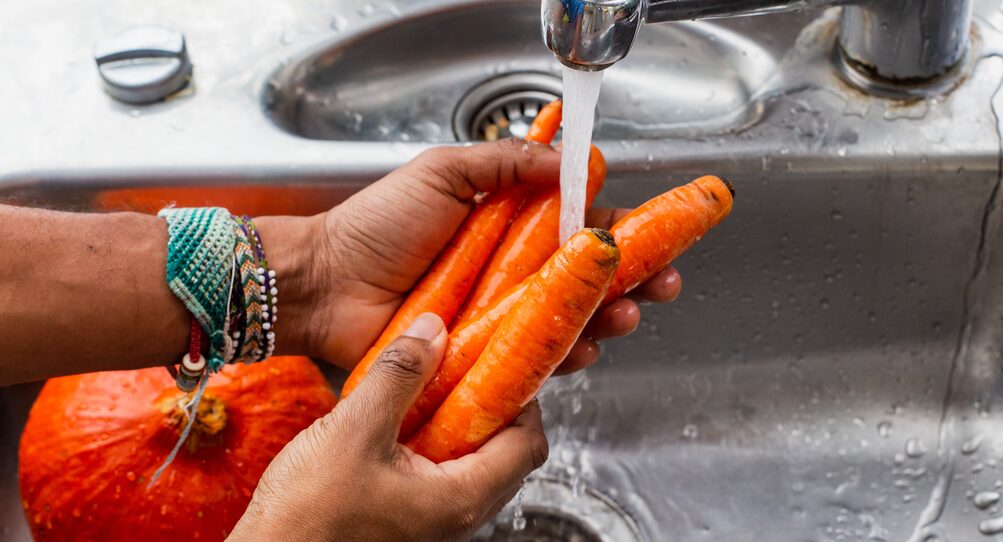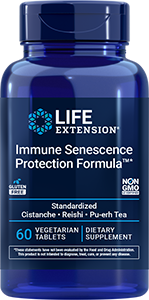Food Poisoning

Causes and Symptoms of Food Poisoning
By STD Concern
Food poisoning is a term used to describe bacteria and viruses that enter the body through food and wreak havoc on the digestive system. Food poisoning is caused by food contaminated by various types of bacteria such as E. Coli, Listeria, Salmonella, Shigella and Botulism. Plus viruses like Norovirus and Hepatitis A.
Causes of Food Poisoning
The most common cause of food poisoning comes from careless handling of food. Improper personal hygiene and unhygienic surfaces play a major role in the spread of bacteria onto food. Dust, dirt and unclean water in the surrounding environment can also contaminate food.
There are many food-borne bacterial diseases in raw meat, so it is vitally important that it is cooked thoroughly before being served. Although cooking kills bacteria, food can become contaminated if it touches surfaces and cutlery that were used with raw meat but weren’t cleaned.
Bacteria in soil can contaminate raw food and this is why washing food is so essential. Eggs also carry disease-causing bacteria but to a lesser degree than meat. Bacteria grow rapidly at room temperature so food should be kept hot or cold but not warm.
Testing
STD Tests
STD Testing at-Lab (Near Me)
STD Tests at-Home (Kits)
Fertility Tests
Women's Fertility Test at-Home
Health Tests
See All >>
Symptoms of Food Poisoning
Once food-borne bacteria enter the body they release toxins as a result of their growth. This causes inflammation of the intestines that leads to;
- Vomiting
- Mild fever
- Muscle cramps
- Weakness
- Diarrhea
- Dehydration
-
Severe diarrhea lasting for more than two days
-
High fever
-
Difficulty in speaking or seeing
-
Severe dehydration, including dry mouth
-
Blood in urine
Treatment for Food Poisoning
Treatment involves replacing lost fluids and electrolytes in the body. When too much fluid is lost rapidly, dehydration will often occur. Doctors remedy this by using IV drips to restore fluids in the patient’s body.
Medication is given in more severe cases to stop cramping and vomiting. Babies, young children, elderly people and those with low immune systems are more prone to food poisoning, as they have a tougher time fighting it. Most cases of food poisoning don’t last longer than a week without medical assistance.
Bacteria and Viruses that cause Food Poisoning
Most dangerous and can lead to death are; (1)
- Campylobacter (Bacteria)
- Clostridium perfringens (Bacteria)
- E. coli (Bacteria)
- Listeria (Bacteria)
- Norovirus (Virus)
- Salmonella (Bacteria)
Less dangerous but still serious are; (1)
- Bacillus cereus (Bacteria)
- Botulism (Bacteria)
- Hepatitis A (Virus)
- Shigella (Bacteria)
- Staphylococcus aureus [Staph] (Bacteria)
- Vibrio Species Causing Vibriosis (Bacteria)
Avoiding Food Poisoning
Food poisoning can be avoided by practicing good hygiene and by handling and storing food with care. Keeping hot foods hot and cold foods cold will greatly eliminate the risk of bacterial growth. Use a meat thermometer to check whether the meat has been cooked to its required internal temperature.
Don’t let food stand at room temperature if it is supposed to be stored in the refrigerator. Always wash fruits and vegetables thoroughly before preparing them. Use separate surfaces for meat preparation and for other foods to avoid cross-contamination from uncooked meat.
Wash hands thoroughly before during and after working with food. Disinfect food preparation surfaces regularly to avoid food poisoning.
References
- FoodSafety.gov - https//foodsafety.gov/food-poisoning/bacteria-and-viruses - retrieved Feb 6, 2022.
Related Articles
Ways to Prevent Dangerous Food Borne Bacteria in Your Kitchen
Products
Life Extension Immune Senescence Protection Formula™ (60 Tablets)
LE’s Best in Class Immune Senescence Protection Formula provides immune system support to rejuvenate the immune system & promote healthy response.
Order Now >>
 Disclaimer: Articles not intended to Diagnose, Treat, Cure or Prevent Diseases.
Disclaimer: Articles not intended to Diagnose, Treat, Cure or Prevent Diseases.
Infections | Education | Products | Testing


